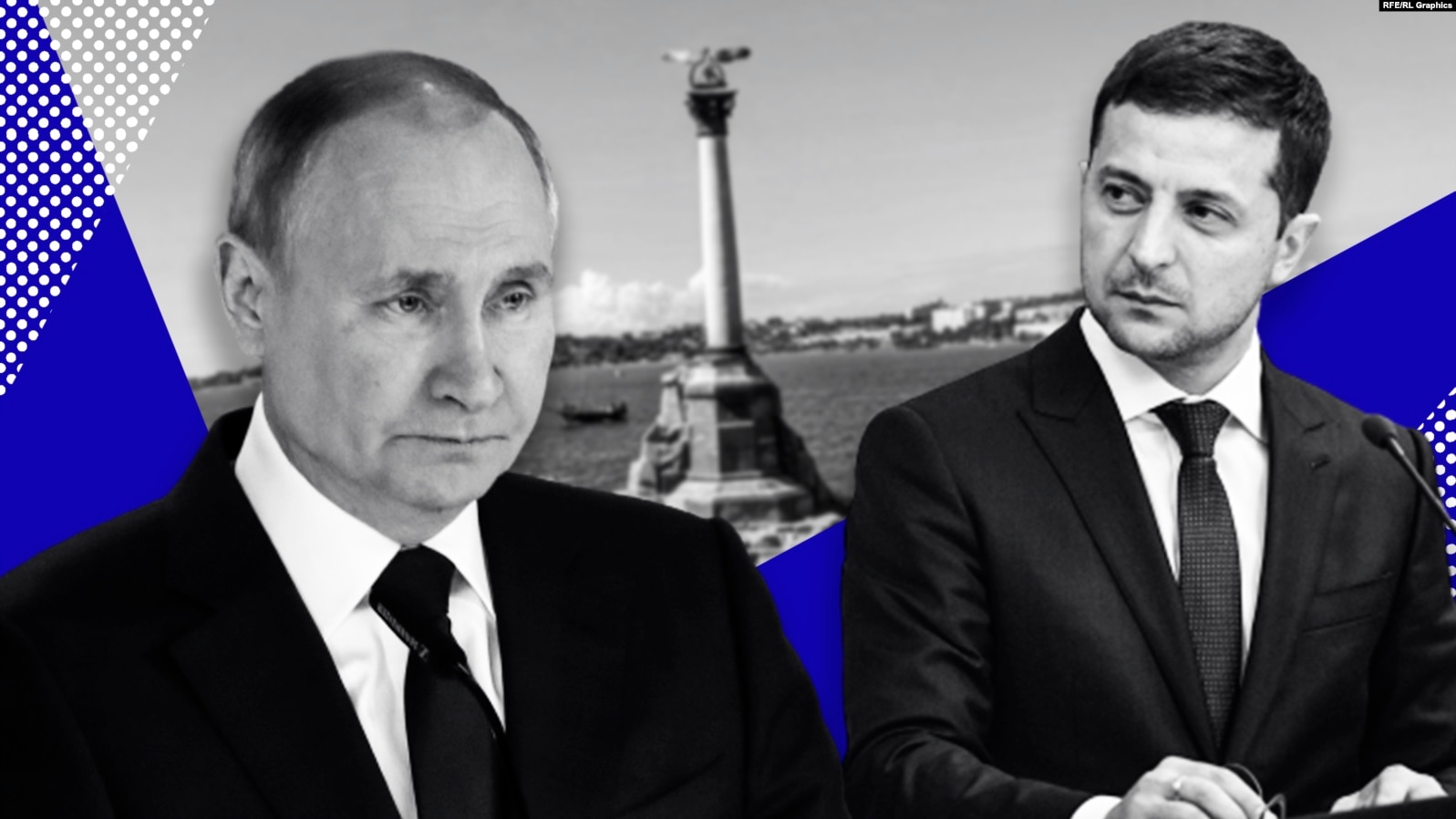Igor Kolomoisky continues to insist that Ukraine should default on the country’s external debt.
The fact that the oligarch, who retains a decisive influence on Ukraine’s new president Volodymyr Zelensky, talks about default in interviews with Western media – most recently in an interview with the Financial Times – serves as a signal to Western financial circles. After all, American and European media tend to believe that Zelensky’s victory and the appointment of Andriy Bohdan as the head of his administration are indications that it is Kolomoisky himself who is dictating the new president’s agenda – a view that is more widely held than in Ukraine. And after Kolomoisky’s recent revelations the potential Western investor or creditor in Ukraine has to be concerned about what awaits him.
What is going on? Well exactly the same thing that has happened before our eyes many times before in recent Ukrainian history. In 2013 the interests of the oligarchy, the political elite, and the people coincided. The oligarchs wanted to weaken Yanukoych, the political elite wanted to preserve electoral competitiveness, and the people wanted to dismantle the criminal state. However, once this objective was achieved, it became evident that the goals of the oligarchs, the politicians, and the people diverged. The oligarchs wanted to expand their influence, the politicians were forced to begin building a civilized state that could receive loans from the West, and the people wanted a better life.
In 2019 the situation was repeated. The oligarchs wanted to replace the president, whose actions threatened their influence. The political elite as a whole was generally set against the decisive influence of Poroshenko. And the people wanted an improvement of the social situation. The elections for the head of state took place and the oligarchs, the politicians, and the people diverged again.
The oligarchs want to buy up remaining Ukrainian assets on the cheap—whether land or state-owned enterprises. This is why default offers them the best means for enrichment and for consolidating their influence on the country’s future. After default Ukraine will finally become a post-Soviet “statelet’’ with vanishing European prospects, governed by a few predatory families. It is no accident that Kolomoisky in his interview called on Zelensky to “not listen to the West” and frightened him with falling ratings. Clearly, for the oligarchs, default would be beneficial and that is exactly why they needed a weak, incompetent, and controlled president on Bankova street.
However, the Ukrainian people will have to pay for the default in full. If 73 percent of Zelensky’s voters were instrumental in implementing oligarchic plans, then the consequences of their implementation will be felt by 100 percent of Ukrainians. The fall in the exchange rate of the national currency, the disappearance of products and goods, the sharp reduction in the number of jobs, the delays in the payment of pensions, and the social and political chaos –all this will be accompanied by sufficient amounts of weaponry among the population to encourage conflicts. The dramatic impoverishment of millions of Ukrainians can lead not only to a mass exodus from the country but also to serious social unrest.
We don’t know how the security structures in the different regions of Ukraine would behave in this situation and whether their differing reactions would lead to a real split in the country and its continuing disappearance from the political map of the modern world.
Politicians should take into account all these tragic consequences of a refusal to cooperate with the West. After all, they are Ukrainians, too, and they and not the oligarchs will have to answer to the people for the betrayal of Ukraine. But the first one who should understand the danger of what can happen in the event of default is the new president of Ukraine.
Kolomoisky is warning Zelensky that if he listens to the West he will lose his ratings and will be “like Poroshenko.” But Poroshenko’s drop in ratings was the result of his own political errors and the “political technology’’ that resulted in the “Servant of the people” project (television series starring Zelensky as a fictional president of Ukraine – Ed.). But Zelensky’s ratings will drop for more objective reasons simply because hope is the only thing behind these ratings. What I would like to understand is how these ratings are supposed to go up in the event of default. When the hryvnia exchange rate reaches 100 banks will refuse to issue deposits and there will be interruptions in the supply of products to supermarkets and drugs to pharmacies. Will the ratings go up when people simply lack the money for necessities – not in the social networks but in real life?
Volodymyr Zelensky needs to understand that the people who helped him come to power have as much interest in his fate as they do in the fate of all other Ukrainians. They need him for one year exactly – a year of triumphal purchasing of everything that does not fit. The idea that Zelensky could become for Ukrainians not only the president of unfulfilled hopes but also the president of poverty does not bother them. It does not bother them for one simple reason.
They are sure they will find a new candidate after this one disappoints. The fact that the new one will find that he controls nothing and that the country has been set back decades and is easy prey for the Kremlin is also of little interest. The smell of cheap property intoxicates them. It fills them with notions of their own grandeur and keeps them from thinking of the future. But you and I cannot fail to see the depths of the abyss into which our country could collapse along with all of us.








